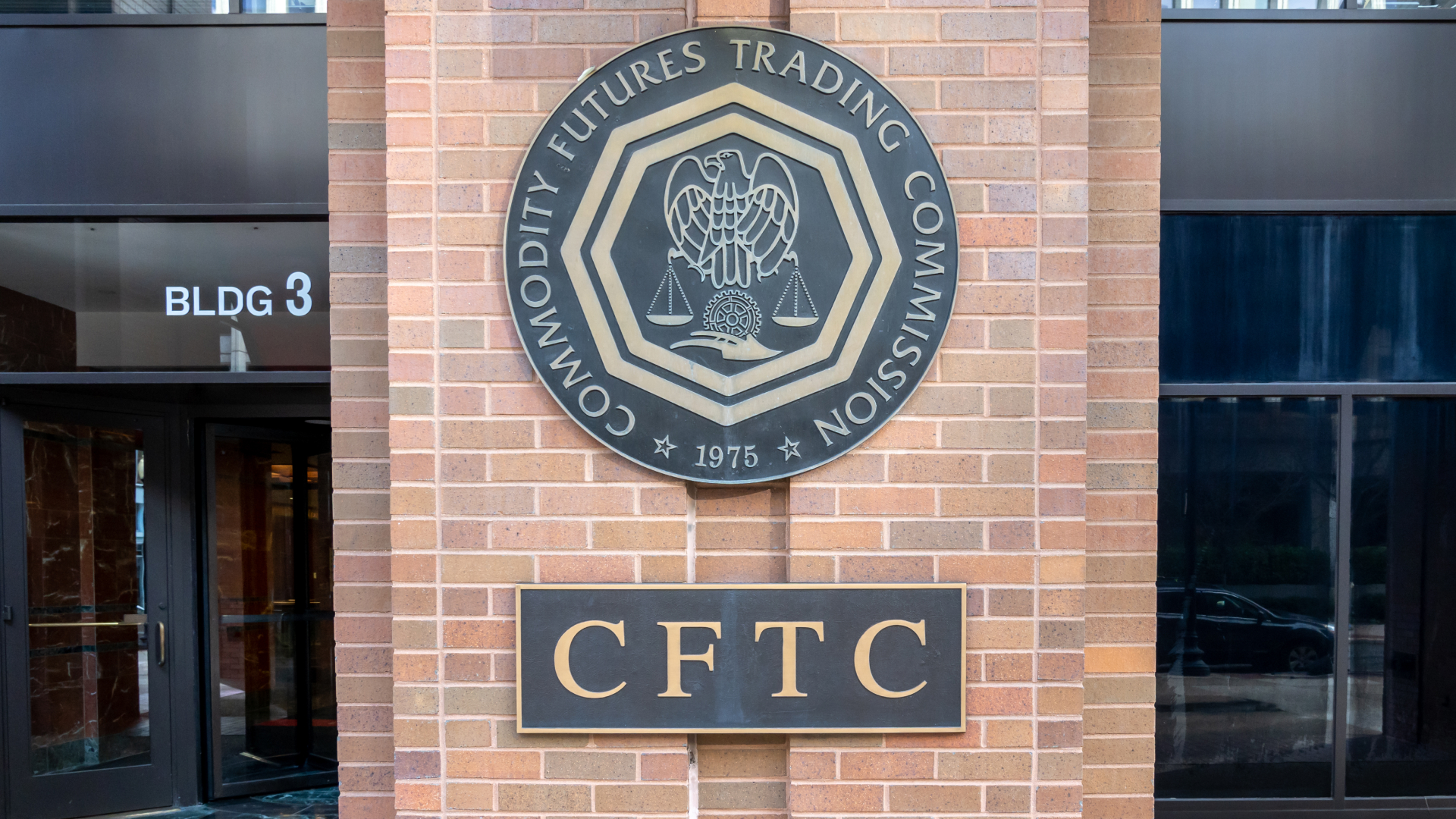Table of Contents
- “Self Certifying” Poses Risks
- Crypto Industry Urged To Step Up
- FTX Collapse Not Due To A Lack Of Regulations
The CFTC has urged lawmakers to prevent cryptocurrency exchanges from “Self Certifying” and listing cryptocurrency tokens without proper oversight.
The CFTC commissioner, speaking at an event, stated that the current process was inadequate to ensure sufficient oversight.
“Self Certifying” Poses Risks
United States Commodity Futures Trading Commission (CFTC) commissioner Christy Goldsmith Romero has urged Congress to stop allowing cryptocurrency exchanges to self-certify and list tokens on their platform without proper oversight. Speaking to the audience at an event focusing on FTX and its collapse, she stated that the current process did not ensure adequate oversight. Romero stated,
“I urge Congress to avoid permitting newly-regulated crypto exchanges to self-certify products for listing under the current process that limits CFTC oversight. It is critical to institute guardrails against regulatory arbitrage, and that includes prohibiting the use of the self-certification process.”
Under current rules, cryptocurrency exchanges are able to self-certify the safety of their products before listing unless the CFTC blocks the listing of the token within 24 hours. According to Romero, this process, which is utilized to list a host of products, such as crypto futures, needs to be revised. She went on to add that crypto businesses and exchanges looking to issue tokens could refer to the CFTC’s own crypto regulatory framework and circumvent registration with the United States Securities and Exchange Commission (SEC). Several proposals to give the CFTC increased oversight of the cryptocurrency industry were mooted in 2022.
The warnings from the CFTC commissioner come as lawmakers are coming together to draft legislation to help them gain better oversight of the crypto space, which has seen a host of bankruptcies during 2022. These were made worse with the sudden and spectacular collapse of FTX and the allegations of fraud against management at the exchange, including founder Sam Bankman-Fried.
Crypto Industry Urged To Step Up
During her interaction at the event, the CFTC commissioner urged lawyers, compliance professionals, pension fund investors, and venture capital firms to step up and conduct much stricter due diligence on crypto firms and projects. Romero stated,
“Gatekeepers themselves also need to step up and call for compliance, controls, and other governance, without allowing the promise of riches and the company’s marketing pitch to silence their objections to obvious deficiencies.”
Speaking about the FTX collapse, Romero stated that these “gatekeepers” should have raised questions about the operational environment at the FTX exchange in the weeks leading up to its spectacular collapse. She further added that the digital asset industry has a considerable amount of work to do if it wishes to regain the trust of users.
FTX Collapse Not Due To A Lack Of Regulations
However, some industry experts and observers have pushed back, arguing that the FTX collapse cannot be pinned on the digital asset space or on a lack of regulation. Ludovic Shum, the managing director of Swiss Crypto Bank SEBA’s Hong Kong branch, stated,
“At the end of the day, it goes back to the trust regarding the checks and balances [...] It was just unfortunate that it happened in this fast-growing area of the crypto world where it could have easily happened to banks, securities, houses, asset managers.”
However, there were opposing viewpoints, such as those of the founder and CEO of blockchain development agency Labrys, who stated that the industry needs more oversight but not necessarily more regulation, to prevent further FTX-type collapses.
“The FTX scandal didn’t happen because of a lack of regulation. FTX operated [allegedly] illegally, disregarding the existing regulations rather than capitalizing on an absence of regulation. There should probably be more oversight to stop unscrupulous players and activity before situations escalate, but we don’t need masses of new regulations and red tape that deters innovation. We need clarity on the existing regulations.”
Disclaimer: This article is provided for informational purposes only. It is not offered or intended to be used as legal, tax, investment, financial, or other advice.
Investment Disclaimer










